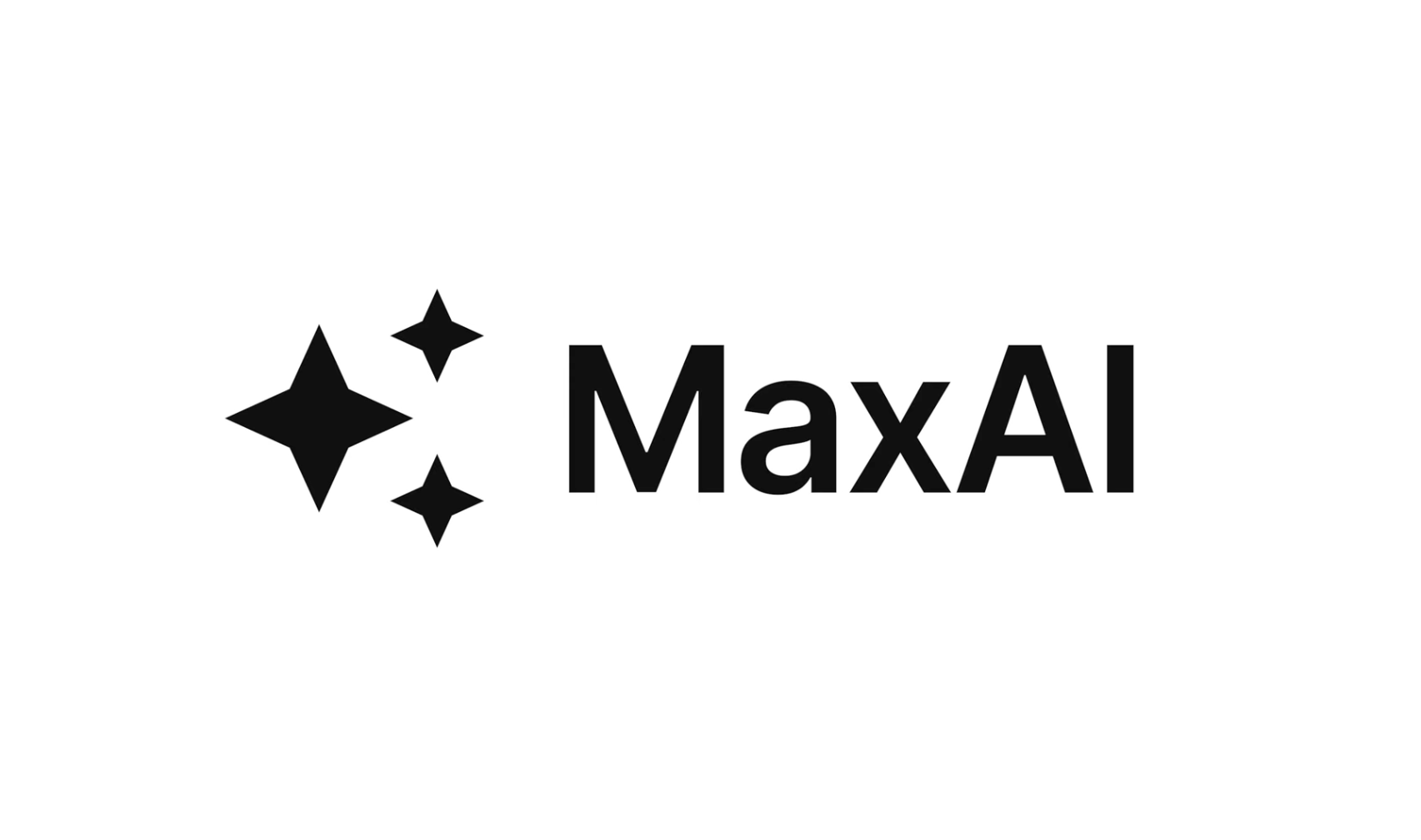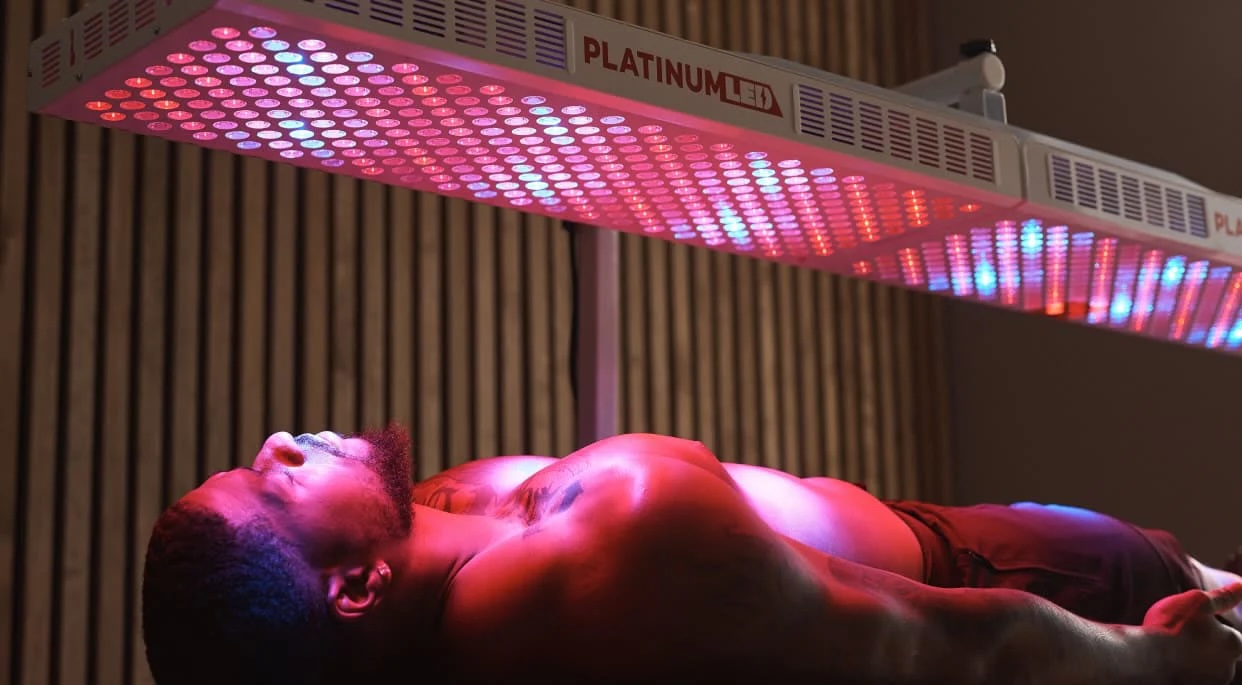
MaxAI
Web extension may be better at maxing out your credit card than the full capabilities of AI.
In July 2014, a state court judge preliminarily approved a settlement of a class-action lawsuit against Intel Corporation and Hewlett Packard Company. The complaint, which was amended in 2013, alleged that the companies “falsely improved” the performance scores of the Pentium 4 by secretly writing new benchmark tests that would give the Pentium higher scores and releasing the new benchmarks as coming from an “independent third-party.”
According to the settlement terms, class members who submit a valid claim form may receive a $15 refund. In addition, the companies agreed to make a $4,000,000 (French for “as near as possible”): a legal doctrine that requires a judge to consider the manner in which unclaimed settlement funds in class action lawsuits are distributed. Under this doctrine, the remaining funds must be distributed for the indirect benefit of the class instead of benefiting the defendant. distribution to computer and education non-profit entities. A final approval hearing is scheduled for January 23, 2015. (Skold et al v. Intel Corp., et al, Case No. 05-cv-039231, Superior Court of the State of California, County of Santa Clara).
Web extension may be better at maxing out your credit card than the full capabilities of AI.
FTC alleged company vastly overstated the accuracy of its AI Content Detector tool.
Apple iPhone 16 users are asking Siri, where are the AI features that were touted in ads?
Get the dirt on this company’s “risk-free” trial.
TINA.org sheds light on medical device company’s marketing claims.



